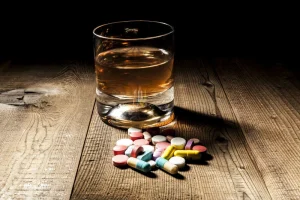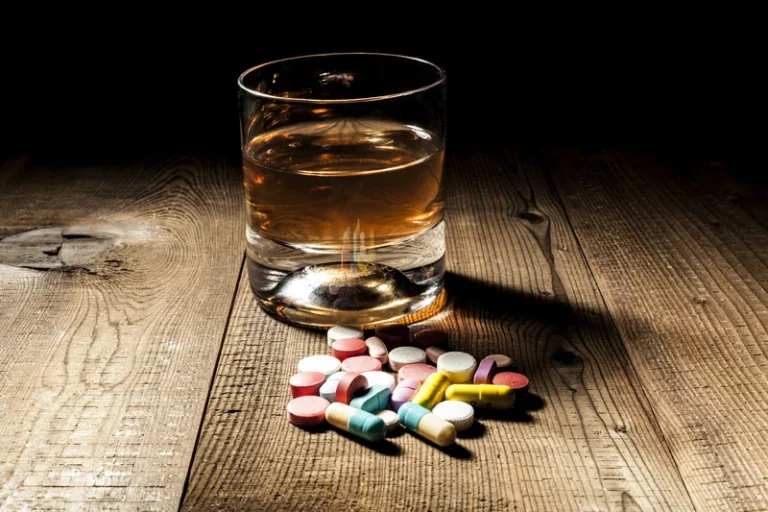
The researchers found that the alcohol-drinking subjects (particularly those who were insulin sensitive) had higher insulin levels and a slower rise in glucose levels after a low-carb meal. They recommended confirming these results in younger women and in men, particularly since their subjects had been older women, who have more significant cardiovascular risk. More contemporary studies have not found evidence of mitochondrial injury in biopsy samples from long-term alcohol drinkers (Miró et al. 2000).
- For moderate drinkers, the blood-thinning effects of alcohol are short-lived.
- It’s best to consult your doctor about when and what you can drink while on blood thinning medication.
- When you drink heavily, your blood becomes thicker and more likely to clot.
- This could raise the level of the hormones in your system, which increases your risk of side effects from Annovera.
- However, some people will be diagnosed with atrial fibrillation—the most common heart rhythm disorder in Australian adults, affecting 1.4–5.5% of the population.
Having dysfunctional uterine bleeding without a known cause
Understanding the relationship between alcohol and blood thinners is essential for individuals who are prescribed these medications or are at risk of blood clots. By debunking the myth surrounding alcohol as a blood thinner and gaining an understanding of how blood thinners work, individuals can make informed decisions about their health and alcohol consumption. Exceeding these recommended amounts can have negative effects on your health and increase the risk of blood clots and other serious health problems. Additionally, individuals who have a history of heavy drinking or liver disease should avoid consuming any alcohol at all. Understanding the relationship between alcohol and blood clotting is an ongoing area of research. While moderate alcohol consumption may have some potential anticoagulant effects, it is crucial to prioritize overall health and consider individual circumstances.
How Do You Safely Navigate Alcohol and Blood Thinners?
Usually, we get blood clots to protect us from bleeding out when we injure our blood vessels as from a cut or surgery. Although usually helpful, sometimes our blood will clot when it is not needed, which can lead to dangerous outcomes. Consuming alcohol will thin your blood, making you more susceptible to heavy bleeding or bruising if you experience an injury. Short-term, you can expect an increase in blood pressure and higher cortisol levels. The effects of alcohol consumption on the blood are either short-term or long-term. Short-term effects happen to occur during or directly after consuming alcohol, and long-term effects are driven by excessive use over an extended period of time.
More to the story than alcohol = heart protection
Over time, excessive alcohol use can lead to an increased risk for cardiovascular events, such as a heart attack or stroke, because of the ways it affects the blood and circulatory system. Research has found that alcohol affects the process of blood coagulation. « Coagulation » is a term used to describe the process of blood cells known as platelets sticking together. When a person experiences an injury, those platelets travel to the area to form together into a blood clot to stop the bleeding.

Alcohol Consumption and Total Stroke Incidence and Prevalence

Exceeding the recommended guidelines above is considered heavy drinking. This may https://ecosoberhouse.com/ lower your risk for the type of strokes caused by blockages in blood vessels. This antioxidant may reduce harmful cholesterol levels and minimize the risk of blood clots.

Chronic alcohol use can lead to liver diseases such as fatty liver, alcoholic hepatitis, and cirrhosis. The liver is essential for processing and metabolizing alcohol, and excessive consumption can overwhelm its capacity. Certain individuals may develop skin problems like rashes, bruising, and other dermatological issues as a result of blood thinner usage. Specific blood thinners, especially in women, may elevate the likelihood of bone loss and osteoporosis. 1 in 4 people are at risk of stroke in their lifetime, but by taking simple steps almost all strokes can be prevented.

Alcohol, CHD, and Stroke
- A doctor may prescribe these medications to reduce a person’s risk of heart attack and stroke.
- However, it’s important to drink in moderation and to avoid excessive alcohol consumption, which can increase the risk of serious health problems.
- You may also have a blood test to look at your electrolyte levels (essential minerals in your blood).
- More than one mechanism may be activated and may lead to the multitude of ethanol-induced changes in cellular proteins and cell function.
People should speak with a healthcare professional about consuming alcohol and taking blood-thinning medications safely. A person should also speak with a does alcohol prevent blood clots doctor or access online support if they have concerns that they or someone they know may have AUD. Blood thinners may interact with alcohol as well as certain other medications, foods, and dietary supplements. For example, the NIAA advises that drinking alcohol while taking warfarin, which is a blood thinner, can have adverse effects. A 2013 study of almost 60,000 people found no difference in the risk of blood clots between wine or beer drinkers. The nuanced piece, he adds, is figuring out what to recommend to people who have asymptomatic nonobstructive atherosclerotic vascular disease, which is a buildup of fatty deposits (plaque) in the artery walls.
- Alcohol has been found to increase platelet aggregation, meaning that platelets are more likely to stick together and form clots.
- Data from animal models and human beings with a history of long-term drinking suggest that oxidative stress may be an early and initiating mechanism.
- Blood thinning, also known as anticoagulation, refers to the process of preventing blood clots from forming or existing clots from getting larger.
- No, all types of alcohol have the potential to cause blood vessels to widen temporarily.
Experts define binge drinking as consuming in excess of four drinks for females or five drinks for males within around 2 hours. Blood clotting is essential to prevent blood loss when someone is injured or wounded. For example, if a blood clot forms and limits Drug rehabilitation the flow of blood in the arteries, doctors call this thrombosis.
